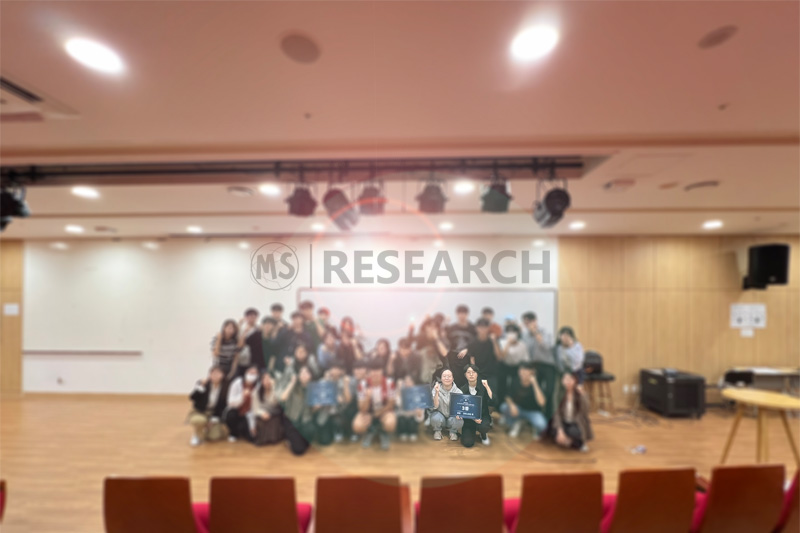
Dear All,
I am pleased to share that Ms. Ahyun and Ms. Sujin have won the 3rd place of the Intelligent Mechanism x Artificial Intelligence Joint Academic Festival Award.

Dear All,
I am pleased to share that Ms. Ahyun and Ms. Sujin have won the 3rd place of the Intelligent Mechanism x Artificial Intelligence Joint Academic Festival Award.
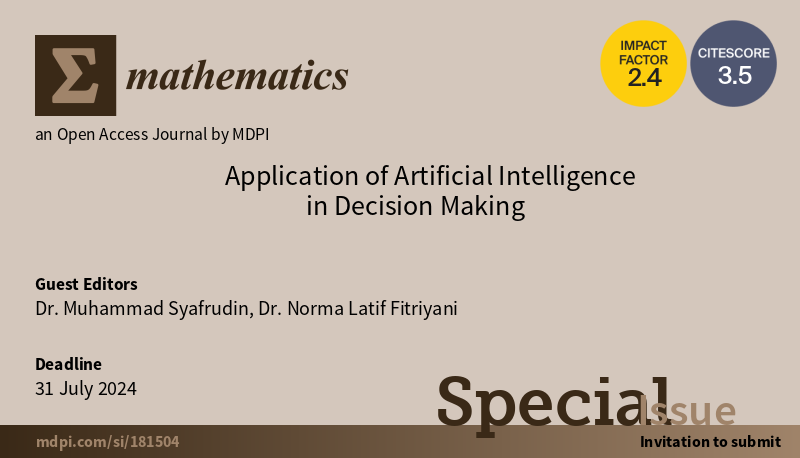
My colleagues and I are guest editing a special issue "Application of Artificial Intelligence in Decision Making", which will be published continuously by Mathematics (ISSN 2227-7390) (SCIE JCR Q1).

Dear Colleagues,
We are pleased to inform you that our story about Oracle Academy has been published online. Please kindly check in the following links:
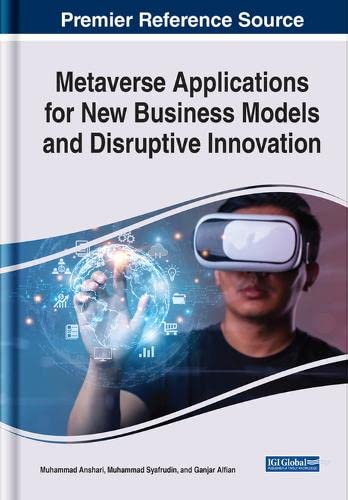
Dear Colleagues,
We are pleased to inform you that our edited "Metaverse Applications for New Business Models and Disruptive Innovation" book is now available online!
It is expected that the metaverse will be the next generation of the internet and its online activities and will serve as the foundation for a massive online business platform. Furthermore, it will alter people's behavior, which will have an impact on businesses' decisions to choose the metaverse as their primary business platform.
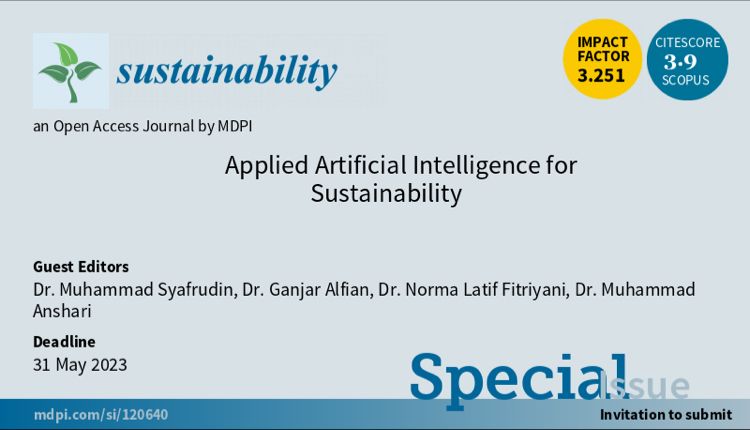
My colleagues and I are guest editing a special issue “Applied Artificial Intelligence for Sustainability”, which will be published continuously by Sustainability (SSCI SCIE JCR Q2, Scopus SJR Q1).
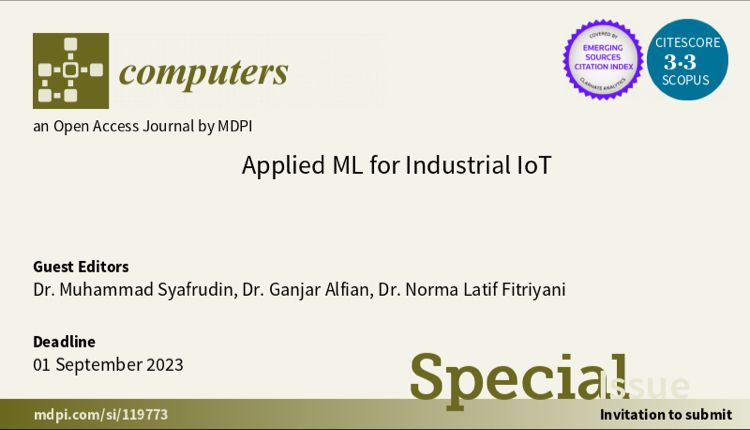
My colleagues and I are guest editing a special issue related to the application of #machinelearning and #IoT in industry, which will be published continuously by Computers (Scopus SJR Q2).
Dr. Syafrudin will be joining the Department of Artificial Intelligence at Sejong University as an Assistant Professor starting on March 1, 2022. Previously, he was with the Department of Industrial and Systems Engineering at Dongguk University, Korea from February 1, 2019 until February 28, 2022 in the same position.